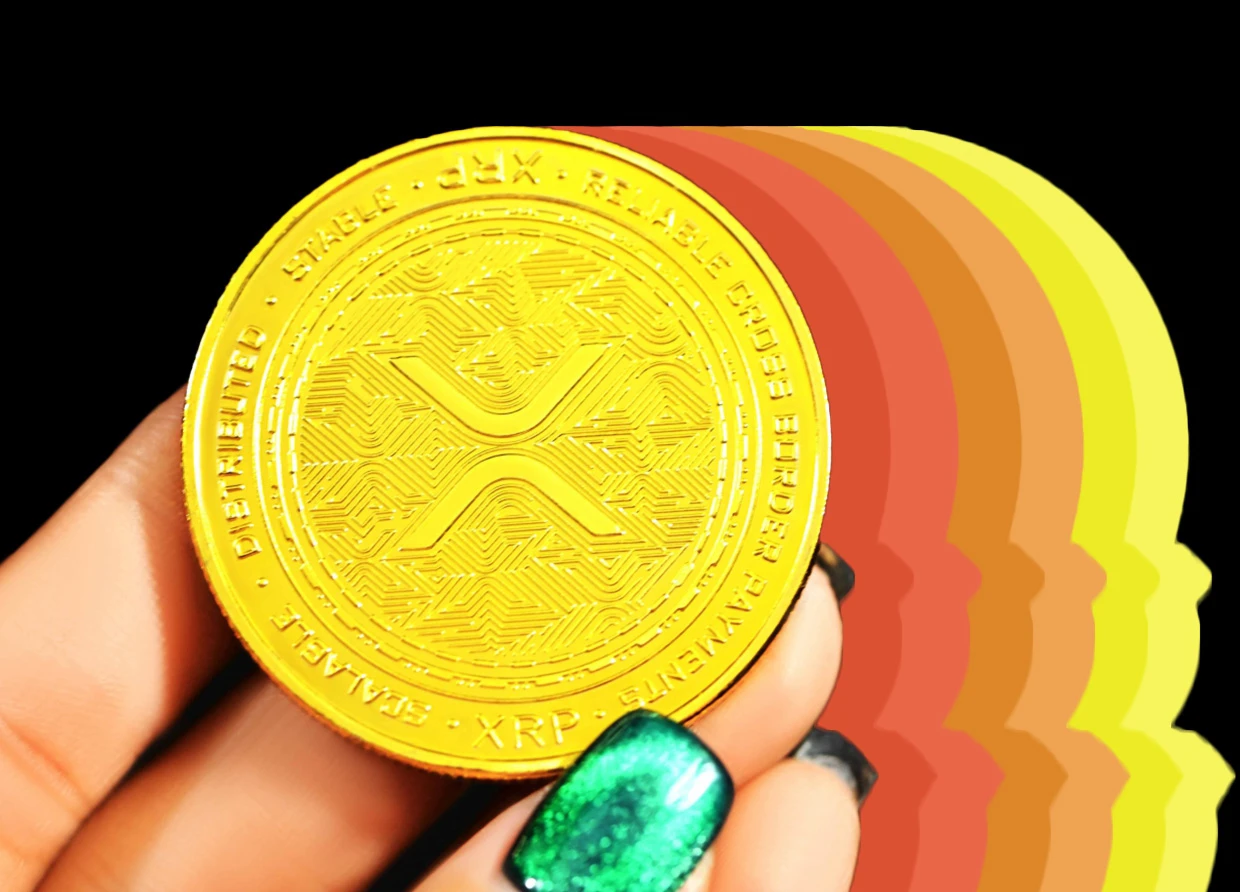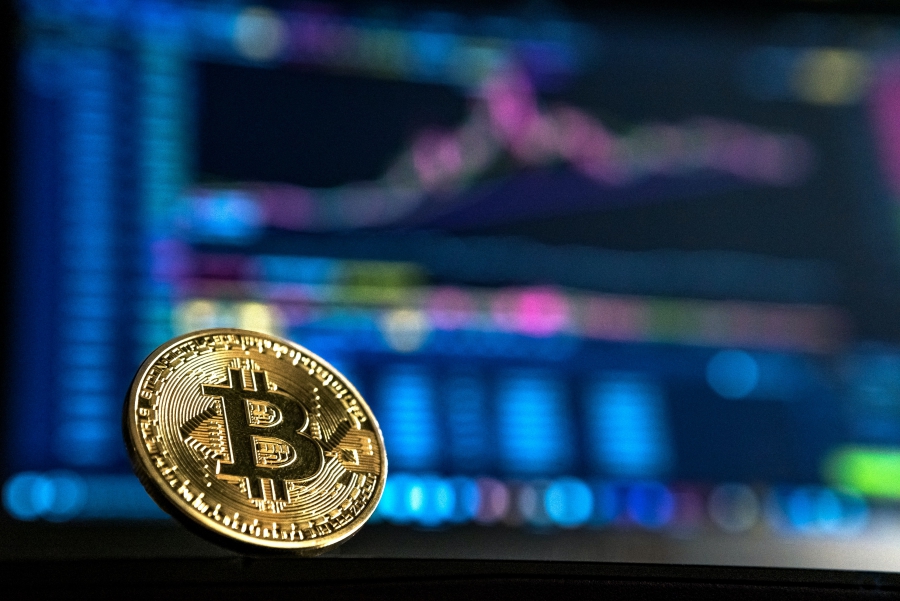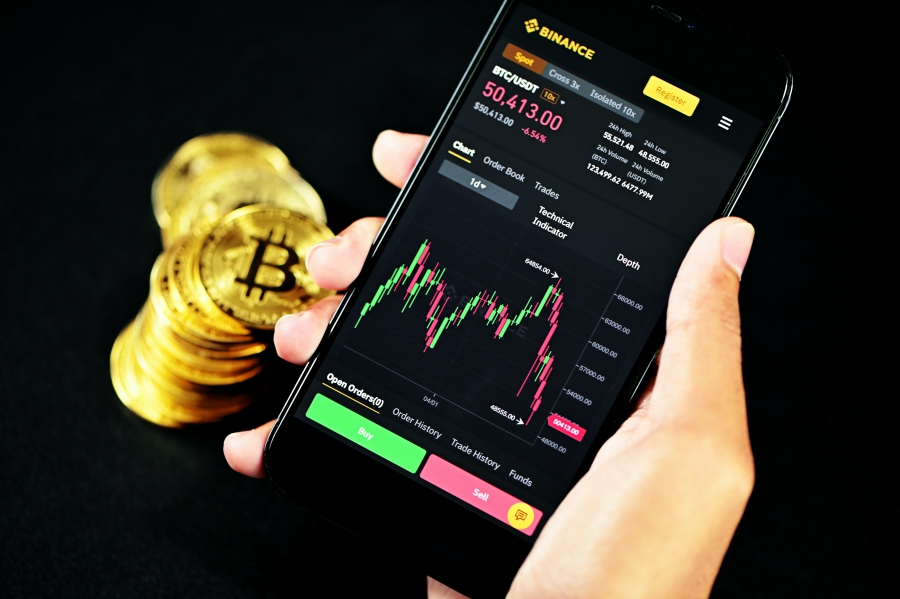XRP AND BTC — WHAT'S THE DIFFERENCE?
Both may coexist to solve the issues with the traditional financial system.

In 2009, Bitcoin launched a white paper that envisioned a new kind of money. Its decentralized nature and use cases inspired the creation of other similar cryptocurrencies.
Bitcoin's decentralized network is operated by a group of miners and nodes located worldwide. Its white paper, "Bitcoin: A Peer-To-Peer Electronic Cash System", envisioned a system where the power would be distributed among the people.
The creation of Bitcoin's successor created a slew of altcoins that compete for the title of king of crypto. One of the worthy challengers is Ripple Labs' XRP.
Here are some significant differences between Bitcoin and XRP.

Origin and purpose — a comparison
The people behind Bitcoin decided to remain anonymous, so all of the clues and claims accumulated over the last decade have already been buried. Its goal was to create a truly decentralized financial system that would not be subject to regulation.
The XRP Ledger was built in 2011. Its engineers, David Schwartz, Jed McCaleb, and Arthur Britto, envisioned a decentralized system that doesn't rely on mining operations. When it launched, it became the go-to cryptocurrency for cross-border transactions.
Both Bitcoin and XRP are supported by their communities. Unlike Bitcoin, which is not backed by any institution, XRP has its own suite of solicitors.
The fight for Bitcoin's relevance is led by the people who believe in it and its promise of considerable returns. Meanwhile, supporters of XRP are testing its legal status and are primarily dependent on the acceptance of banks and financial institutions.
While Bitcoin was aimed to "take out" the banks, XRP took a different route. It sought to find a way to connect people to the existing financial system without being tied to any institution. Unlike Bitcoin, XRP is not a licensed or controlled cryptocurrency.
XRP is built on a private network known as the inter-ledger protocol. Bitcoin's supply is limited to 21 million, and it can be issued by making changes to the protocol. On the other hand, XRP is designed not to be mined. Its cap has been set at 100 billion, and 80 percent are distributed to Ripple to ensure fast transactions over the other 20 percent.

Mining vs. keeping
Bitcoin's network is mainly powered by miners. However, if 51 percent of the miners decided to flip the network so they could have a monopoly over it, Bitcoin would no longer be decentralized. Instead of miners, XRP uses a network of validators to keep it running.
Bitcoin has a proof-of-work mechanism that prevents double-spending. If the miners fail to meet the 51 percent rule, the system will be vulnerable to exploitation. In addition, its network is highly dependent on the number of miners who want to stay true to Bitcoin's nature.
On the other hand, transactions within XRP's network can be confirmed and settled in around three to five seconds, significantly faster than Bitcoin's 500 seconds. It is also safer from exploitation due to the ledger's consensus protocol.
Due to the nature of XRP's decentralized consensus mechanism, it consumes less energy than Bitcoin. Its robust validation mechanism also helps minimize processing fees.
Price gains vs. adaptability
After a Bitcoin billionaire became a thing, many traditional investors and entrepreneurs shifted their allegiances. For them, Bitcoin is still the most profitable store of value. However, XRP's decentralized nature and lower fees make it a better alternative to fiat currency.
Looking at Ripple's partnership with some banks, it is evident that they are focused on increasing the XRP adoption rate through various use cases.
Since Bitcoin and XRP are so popular, they can be traded across all major exchanges globally. Both Bitcoin and XRP are decentralized cryptocurrencies at heart, but they are trying to tackle different issues.
#THE S MEDIA #Media Milenial



























